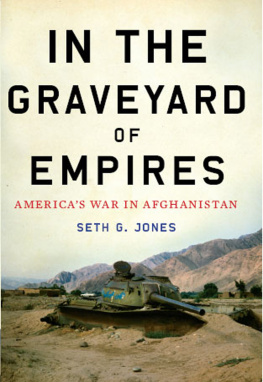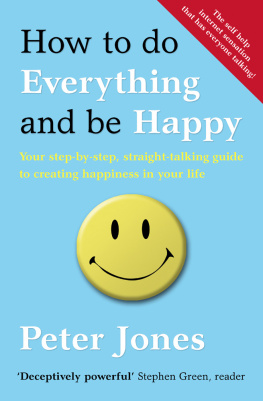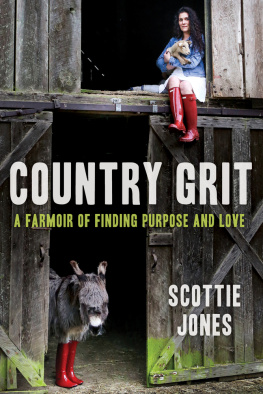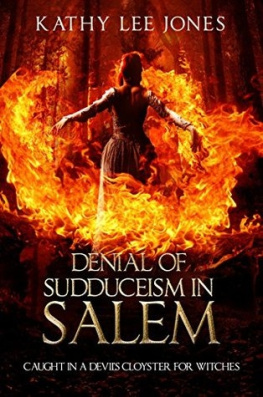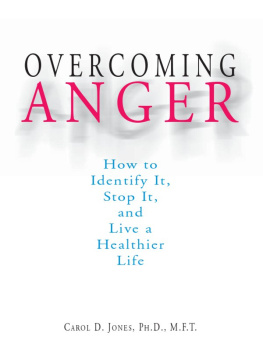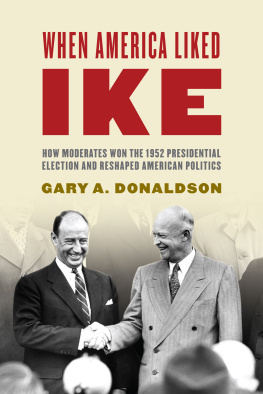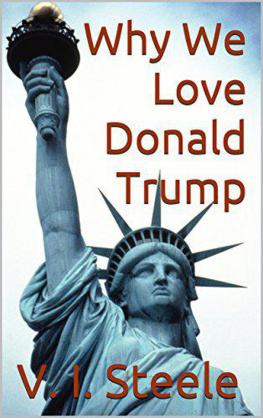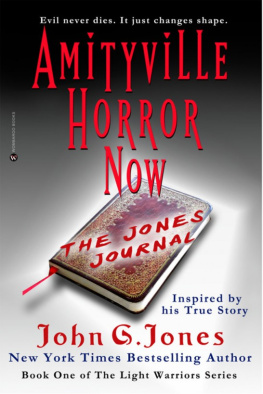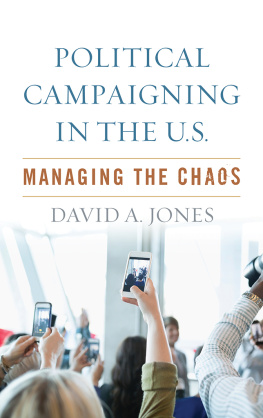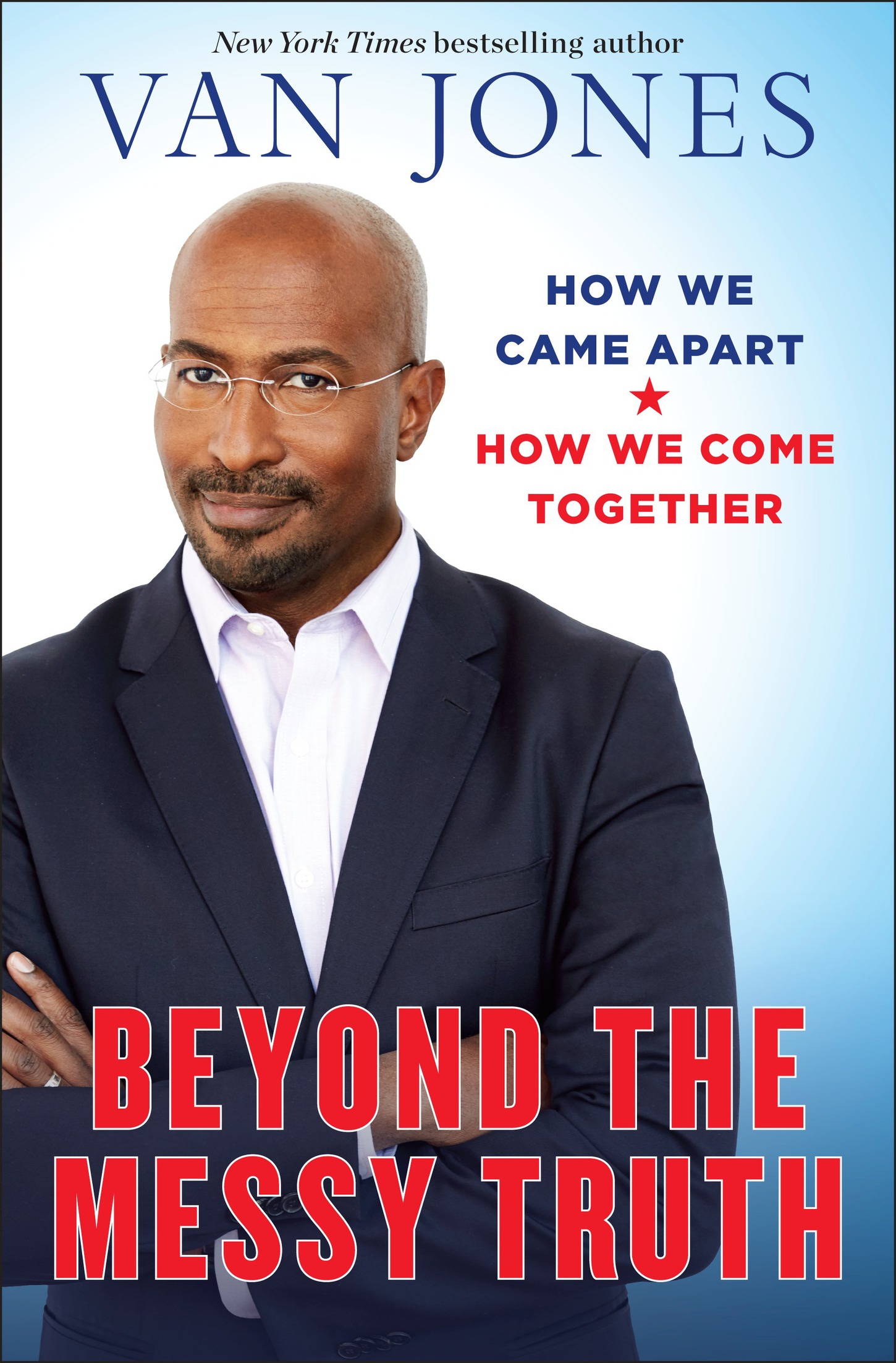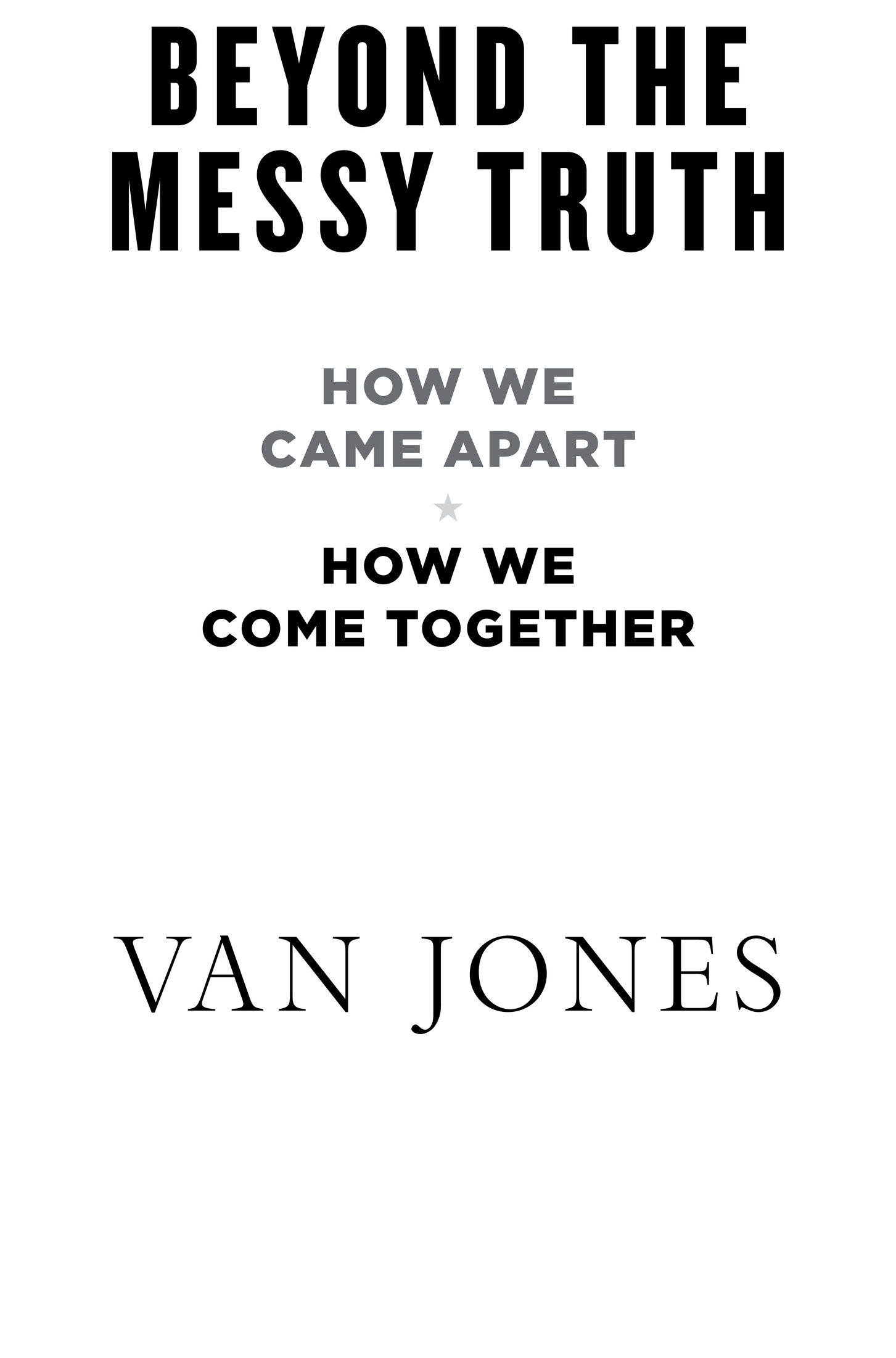As of the time of initial publication, the URLs displayed in this book link or refer to existing websites on the Internet. Penguin Random House LLC is not responsible for, and should not be deemed to endorse or recommend, any website other than its own or any content available on the Internet (including without limitation at any website, blog page, information page) that is not created by Penguin Random House.
All rights reserved.
Published in the United States by Ballantine Books, an imprint of Random House, a division of Penguin Random House LLC, New York.
B ALLANTINE and the H OUSE colophon are registered trademarks of Penguin Random House LLC.
I have fought against white domination, and I have fought against black domination.
I have cherished the ideal of a democratic and free society in which all persons live together in harmony and with equal opportunities.
It is an ideal which I hope to live for and to achieve.
But if needs be, it is an ideal for which I am prepared to die.
INTRODUCTION
I N THIS PAST YEAR, I have traveled the length and breadth of our countryfrom South Central Los Angeles to West Virginia and from Flint, Michigan, to the ArizonaMexico border. The accents may change, and the skin colors may differ. But the major problems I saw are literally the same in every part of our country: Addiction, poverty, and a broken criminal-justice system are elevating death rates in big cities and small towns alike. In a sane society, common pain should lead to common purpose. And common purpose should lead to common projects and solutions. This book is written in hopes that Americans of all stripes will agree that our core democratic institutions are worth preservingand that a few life-or-death issues are worth fixing togethereven as we continue to fight about everything else.
Americas problems are bigger than Donald Trump. And they long pre-dated his rise. In fact, the same political parties that are failing the country todayand the same political dynasties and elites that screamed the most against Trumps ascendancecreated the mess that opened the door for him in the first place.
Starting in the 1990s, the elites in both big parties pushed through policies that ruined millions of American livesincluding bad trade deals, free rein for Wall Street, prison expansion, and endless wars. As a result, millions of Americans lost their jobs, their homes, and their shot at a decent raise. Many lost their liberty or their lives. And millions more lost their confidence in the future. In 2016, a critical mass hit their pain thresholdand they supported insurrections in both parties. As unnerving as it is to have an erratic narcissist in power, any analysis of his rise must start with an acknowledgment that both parties have been letting down the American people for a long time. In the industrial heartland, inner cities, and elsewhere, the status quo had grown intolerable. Something had to give.
So the messy truth is this: A rebellion was justified. But the wrong rebel won. The Trump presidency has polarized the discourse, jeopardized our standing on the world stage, and inflamed hostility along racial, gender, and religious lines. Almost a year after Trumps election, individuals at both ends of the political spectrum are growing uneasy with his tweeting, tantrums, and temperament. But many Americans are asking the same questions we started to raise on election night:
How could someone like Trump get elected to the highest office in the land?
What are we supposed to learn from all of this and how can we get our country to a better place?
What can we do now to defend decency and democracy?
And after 2016, can anything unite America?
In these pages, I offer insights and propose solutions that I hope will point a way forward. But to arrive at answers that I truly believe in, I first had to break rules that dominate the present media system. I had to blow up the conventions that say: Always attack your opponents views, even if she has made a good point. Defend your own side, at all costs. Or: Expose your opponents weaknesses; conceal your own. Conservatives, moderates, and progressives are equally guilty of this. I will admit that I have fallen into this trap sometimes myself. But this is no way to run a sandwich shop, much less a democracy of more than three hundred million people. The nightly death match between talking heads is in danger of reducing our national discourse to a farce.
With this book, I choose to light a matchand torch the script. We all know that a more honest analysis is needed. And I sense that something more is possible. We may be stuck with todays dysfunctional politics of accusation for the time being. But what we need now is a politics of confession, a new dynamic in which all sides can start to own up to our own roles in creating this mess. This should go without saying, but no person or party is perfect. No candidate or cause is 100 percent pure. Neither side has all the answers.
Please understand: I am in no way excusing Trumps sins or excesses. And I am not calling for unity and bipartisanship for its own sake. In fact, I despise people who just want to avoid conflict and be in the middle on every issue. Elite-approved, top-down bipartisanship got us into this situation in the first place. We have had enough bipartisanship of the elites, by the elites, and for the elites. To make any progress, I am searching for a bottom-up bipartisanship, the kind of alliances that ordinary people discover when they reach out to solve the deadly serious problems that land on their doorsteps. That kind of solidarity emergeshowever conditionallywhen good people help one another as neighbors, as Americans, as human beings. There is only one thing that can clean up the mess that bipartisanship from above has created. That is bipartisanship from below.
In my life, I have been witness to powerful work that has crossed the lines of race, class, gender, and party. I have found inspiration in some surprising mentors and in people who are bridging divides on very tough issues. I share these experiences and ideas in hopes of inspiring a more positive populismone that puts the truth above tribalism, results over rhetoric, and people over partisanship.
Thats a tall order in a moment like this. My own biases, limitations, and blind spots will be on full display throughout this book. But in many ways, my views are as unpredictable as my biography. I am African American, but my friends and family look like the United Nations. I grew up in the public schools and black churches of the rural South. But my credentials are Ivy Leagueincluding a Yale law degree and a teaching post at Princeton. I am a strong progressive, but I work closely with staunch conservativesincluding Newt Gingrichon opioid policy and criminal-justice reform. I am a clean-energy policy pioneer and environmentalist who fights to protect coal miners pensions and healthcare benefits. I am a grassroots outsider who briefly became a White House insider. I can proudly state that I have worked for both political royalty (President Barack Obama) and entertainment royalty (the late rock star Prince). On CNN, I discuss national problems. But off the air, I help to lead a national organization that works for practical solutions. It is from this unique mix of experiences that I developed the ideas that undergird this book. I own my perspective as someone who is black, male, heterosexual, cisgendered, middle-aged, middle-class. I never try to speak


